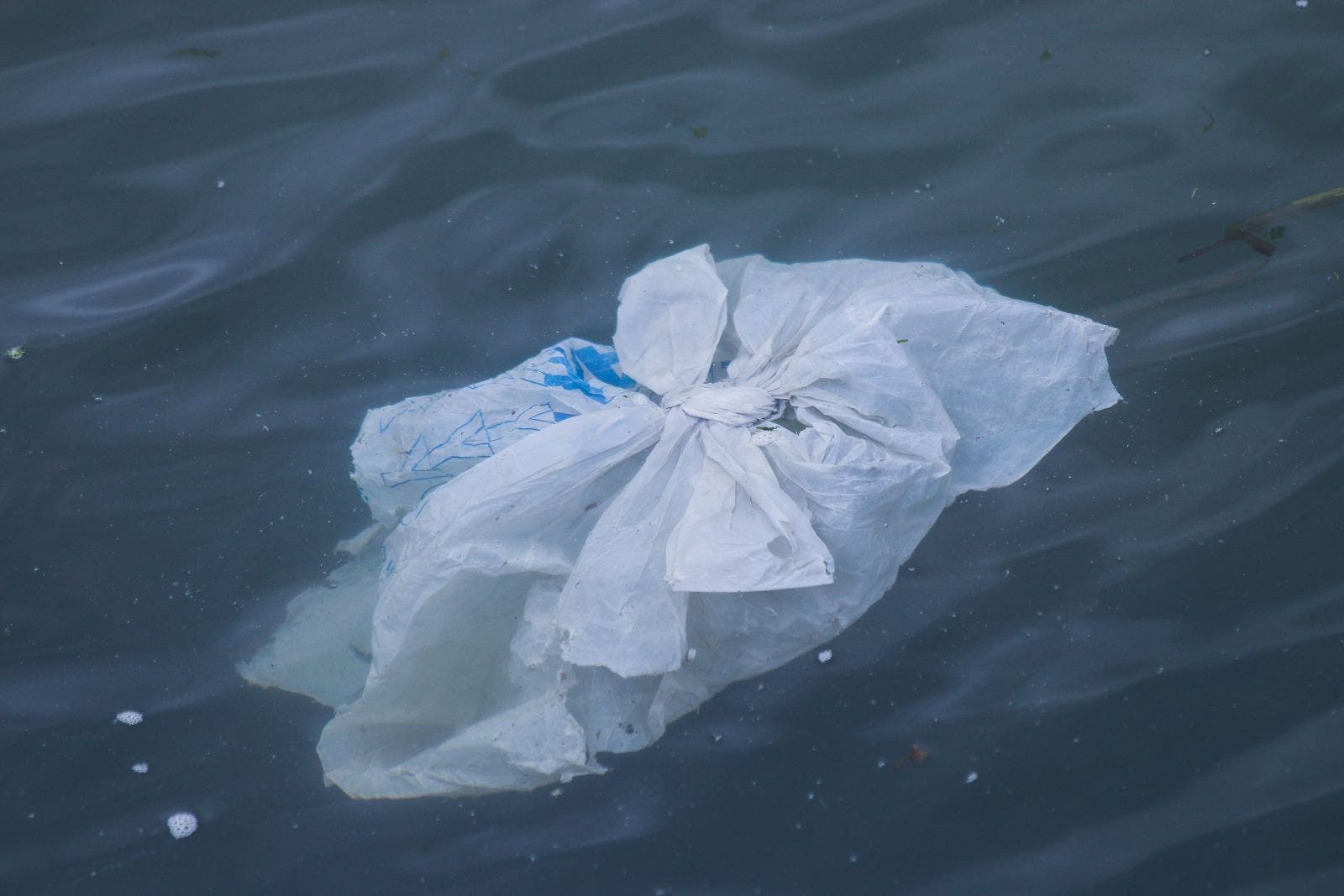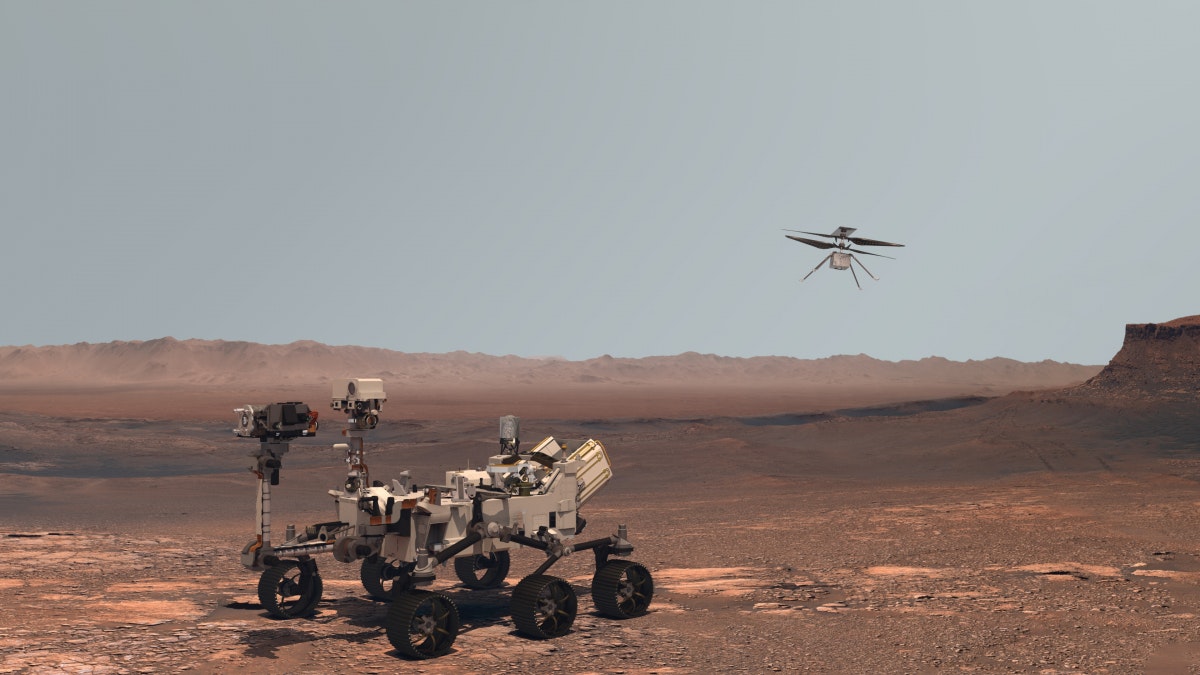Bali’s beaches are increasingly inundated with plastic waste
Although the corona virus will still accompany us through 2021, there is still a small glimmer of hope that trips can take place again this year. Many people are drawn to the distance, whether to America, the Seychelles or Bali. The latter island now has a very big problem with plastic.
Many of the beaches on the island belonging to Indonesia no longer resemble the beautiful holiday pictures that you often see in travel guides, on Instagram or on holiday photos. Last Friday even 30 tons of rubbish were found on beaches near Kuta, Legian or Seminyak. On Saturday it was another 60 tons. A large part of these 90 tons is made up of plastic.
But how does this pollution come about? Two aspects can be seen as the reason. The more obvious is the increasing use of plastic in our everyday lives. More and more waste ends up in nature and from time to time in the sea. Some of this is then washed up on beaches. Bali sees the effects of this too.
The not so obvious reason is the current ongoing monsoon rains. In connection with the wind blowing from west to east, more and more waste and debris are washed up on the beaches. The Australian science agency, CSIRO, would like to help Indonesia find this waste by using cameras and artificial intelligence as soon as possible.
This is necessary in any case. The Indonesian government recognized the seriousness of the situation as early as April 2020 and developed a strategy for a long-term solution to the problem. However, the country’s economy was hit hard by the coronavirus pandemic. Many millions of tourists, mostly from Australia and China, stayed away from the island in 2020. It remains to be seen whether the coffers will fill up again in 2021.
Own opinion:
The current situation in Bali shows the problem which “dream beaches” are exposed to. On the one hand, we are jointly responsible for the misery, after all, a plastic bottle thrown into the water in Hamburg could end up in Bali one day. On the other hand, social networks like Instagram make such places hotspots, so nature can hardly recover from the stress.
via The Guardian



